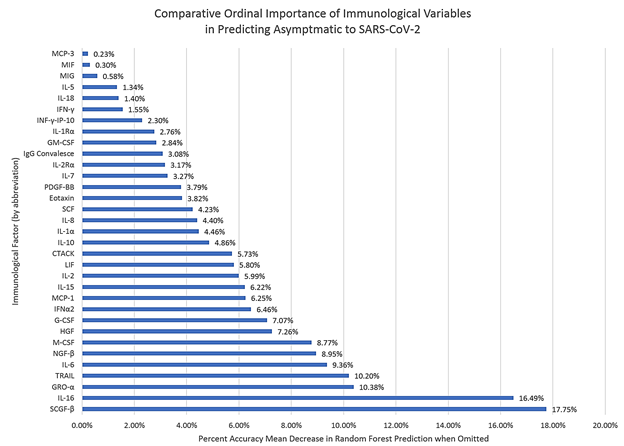In 2011, in the shadow of premature death from pancreatic cancer, Apple founder Steve Jobs had an epiphany. “I think the biggest innovations of the 21st century will be at the intersection of biology and technology. A new era is beginning.” (Isaacson, 2011) He was incredibly grateful that his illness sparked a passion for studying genomics by his college-aged son, Reed.
Today, humanity is confronted — and has been for at least ten months — with one of the most significant public health challenges in terms of speed and potential for morbidity and mortality since the Spanish Flu pandemic of 1917. But unlike 1917, science now has an exponentially more advanced understanding of biology, genomics, and disease dynamics. Since 2010 or so, we have a robust capability to use algorithms to discover and glean patterns and insights far beyond humans’ cognitive capacity and even farther beyond in speed. All of this begs the question — in the first global pandemic since the age of machine learning, how can it help us?
A quick search on Google Scholar identifies 19,700 papers in pre-prints or published in peer-reviewed journals in 2020 related to AI or machine learning and COVID-19. A meta-review published this month in Elsevier’s journal Chaos, Solitons, & Fractals found AI and ML applications for COVID-19 could be categorized as functions of screening, predicting, forecasting, contact tracing, and drug development (Lalmuanawma, 2020). The US National Institute of Health (NIH), PLOS, the family of Journal of Medical Internet Research (JMIR), and MedRxiv — a publication of BMC, Yale, and Cold Spring Harbor Laboratory — have been the leading publishers with most dissemination among the public and scientists arguably happening via Twitter.
While I’m biased, one excellent example is “A Machine Learning Explanation of the Pathogen-Immune Relationship of SARS-CoV-2 (COVID-19), and a Model to Predict Immunity and Therapeutic Opportunity: A Comparative Effectiveness Research Study,” published in JMIRx Med last week. In addition to its potential importance, it also exemplifies how data science can play in more accurately focusing, thereby increasing the efficacy of public health interventions and policies (Luellen, 2020).
#health #data-science #machine-learning #ai #covid19
